Skills Bootcamps



Python Programming 1
Location: Swansea Hybrid
Level: Beginners
Start Date: Closed
Contact time: One evening a week, 10 weeks
Cost: Free
Email Maria Moller for more information.

Course information:
Python has been growing in popularity over the past decade as the programming language of choice for beginners and experienced software developers due to its clear syntax and ease in code development and maintenance.
This module teaches the fundamentals of programming in Python. Learners will develop skills for writing and debugging simple programs using basic programming concepts and data types. You will also gain an understanding of algorithms and algorithm development.

Fundamentals of Cybersecurity
Location: Swansea Hybrid
Level: Beginners
Start Date: Closed
Contact time: One evening a week, 10 weeks
Cost: Free
Email Maria Moller for more information.

Course information:
Cybersecurity is a growing concern for all businesses, large and small. Cyber attacks are becoming ever more commonplace, and their impact on a company or organisation can easily be disastrous. This module explores the fundamentals of cybersecurity; outlines the common types of cyber attacks and how to mitigate against them; and examines both the practical and theoretical aspects of computer and network security.
Find out more about this course.

Computing: History & Impact
Location: Swansea hybrid
Level: Beginners
Start Date: Closed
Contact time: One evening a week, 10 weeks
Cost: Free
Email Maria Moller for more information.

Course information:
The computer revolution hasn't slowed since the 1940s. In today’s digital world, where are we, how did we get here and where are we heading? This module will provide historical knowledge and understanding of the origins and development of computing and data processing, and their impact on the world. The module is interdisciplinary, situating technical developments in historical contexts and reflecting on human dispositions. The module is supported by Swansea Uni’s History of Computing Collection.
Machine Learning
Location: Cardiff
Level: Beginner
Start Date: Closed
Contact time: One evening a week, 10 weeks
Cost: Free
Email Maria Moller for more information.
Course information:
Machine learning is one of the most sought-after skills in today's data-driven world. However, learning how to develop, train, and evaluate machine learning models can be challenging, especially for those who do not have extensive coding knowledge or experience.
That's why we have designed a micro-credential course that teaches you how to use Python, AutoML, and other low-code open-source libraries to perform Exploratory Data Analysis (EDA) and machine learning model development with little coding experience. This course will help you gain practical skills and knowledge that you can apply to real-world problems and scenarios.
Intro to Video Game Design
Location: Cardiff
Level: Beginners
Dates: Closed
Contact time: One evening a week, 10 weeks
Cost: Free
Email Maria Moller for more information.
Course information:
This course will give you an overview of the early development pipeline of a video game.
You will learn how every video game starts out, from creating a Game Design Document and concept art, through to making the first rough block-out of a game level in a suitable game engine and testing the game mechanics and player experience. You will learn about level design, industry standard practices, and the role of the narrative structure – how storytelling can help create a sense of immersion in video games.
Find out more about this course.
Computational Thinking
Location: Online
Level: Beginners
Start Date: Closed
Contact time: One evening a week, 10 weeks
Cost: Free
Email Maria Moller for more information.
Course information:
Learn about the fundamental principles of Computational Thinking, including how to break down complex problems into manageable parts, analyse data, and design algorithms to solve problems. You will be provided with an overview of the roles of Computational Thinking in various fields and its applications in everyday life.